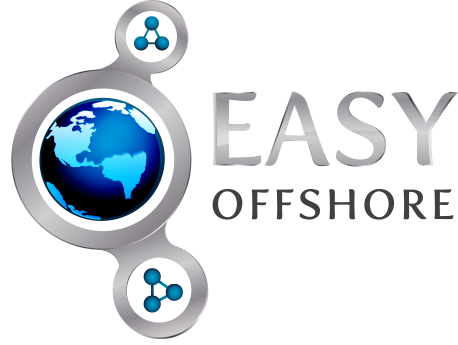22 Sep Slave Wages versus Cost of Living
While catching a taxi home from the airport yesterday it occurred to me that it cost me the same amount for a 40 minute cab ride in Manila as it cost to simply get INTO a Brisbane taxi and close the door.
We tend to think of places like the Philippines as having really cheap wages. On average, a permanent salaried team there costs about one fifth of the same skillsets in Australia, when hiring top talent.
The media sometimes likes to portray this as “slave wages” since it makes for appealing headlines, but those who refuse the nonsense rhetoric and scratch a little deeper find the opposite to be true: we have a serious cost of living problem in Australia.
Australia’s high cost of living does more to create that huge wage difference than any other factor. In major cities in the Philippines you can rent a modern 2 bedroom “townhouse” for around $65 per week. You’ll get a can of ‘Fanta’ for around 20 cents, and fuel is around 25% less than Australia too.
With the cost of living in the Philippines so much cheaper than Australia, it makes complete sense that wages are also a lot less.
If you want your business to be a next generation business which leverages the global skills marketplace to produce a stronger and more efficient business, then perhaps you should invest some time to learn more about ethical offshore teams, and how to integrate such a team.
Come and see if for yourself on a Philippines outsourcing / offshoring strategy tour. Or get our consultants to visit you in your office and run a workshop.



